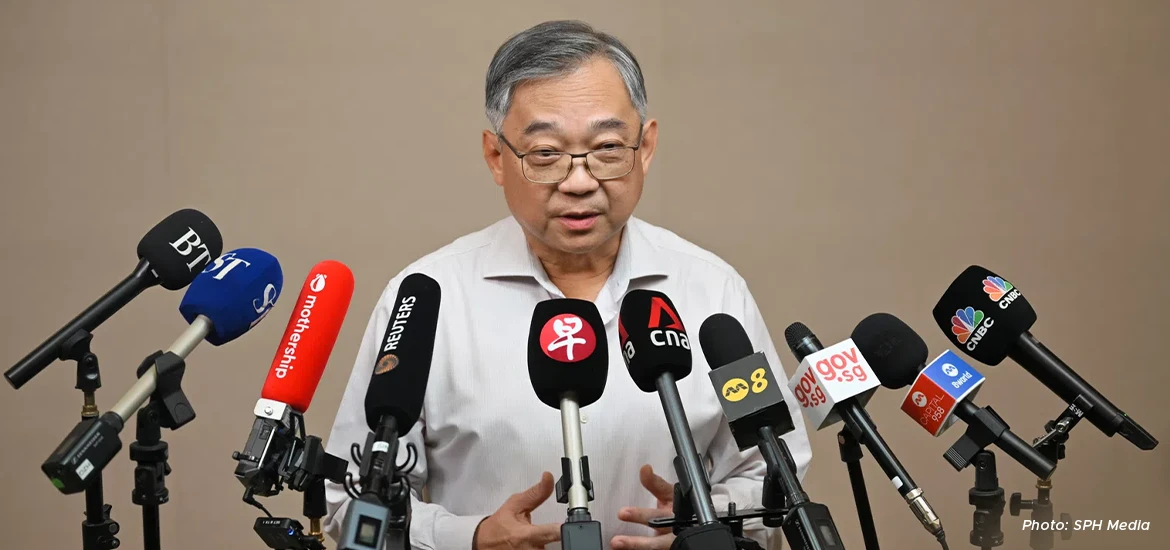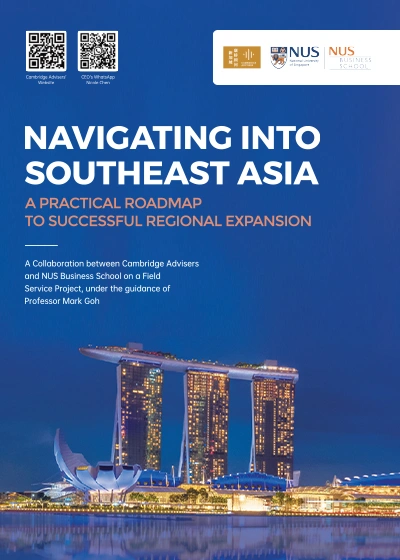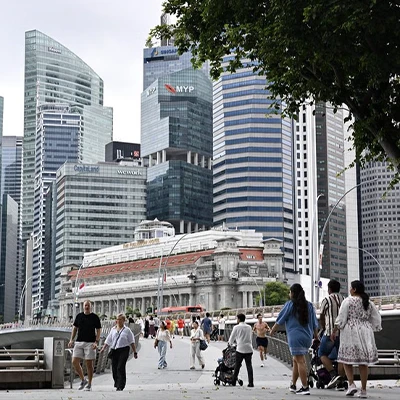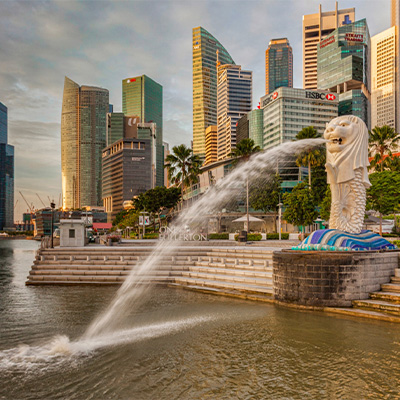Singapore does not intend to take countermeasures against US tariffs, even as the Republic’s growth outlook may be downgraded due to their impact, Minister for Trade and Industry Gan Kim Yong said on Thursday (3 Apr).
Rather, Singapore will engage its US counterparts to understand and address their concerns, he told reporters at a briefing.
This came after US President Donald Trump announced a blanket tariff of 10 per cent on all countries on Wednesday, including long-time allies and trade partners, as well as reciprocal tariffs on about 60 “worst offenders”.
“We are naturally disappointed that despite our strong and longstanding economic and commercial relationship with the US under the US-Singapore Free Trade Agreement (USSFTA), we are also subject to the same 10 per cent baseline tariffs,” said Gan, who is also deputy prime minister.








